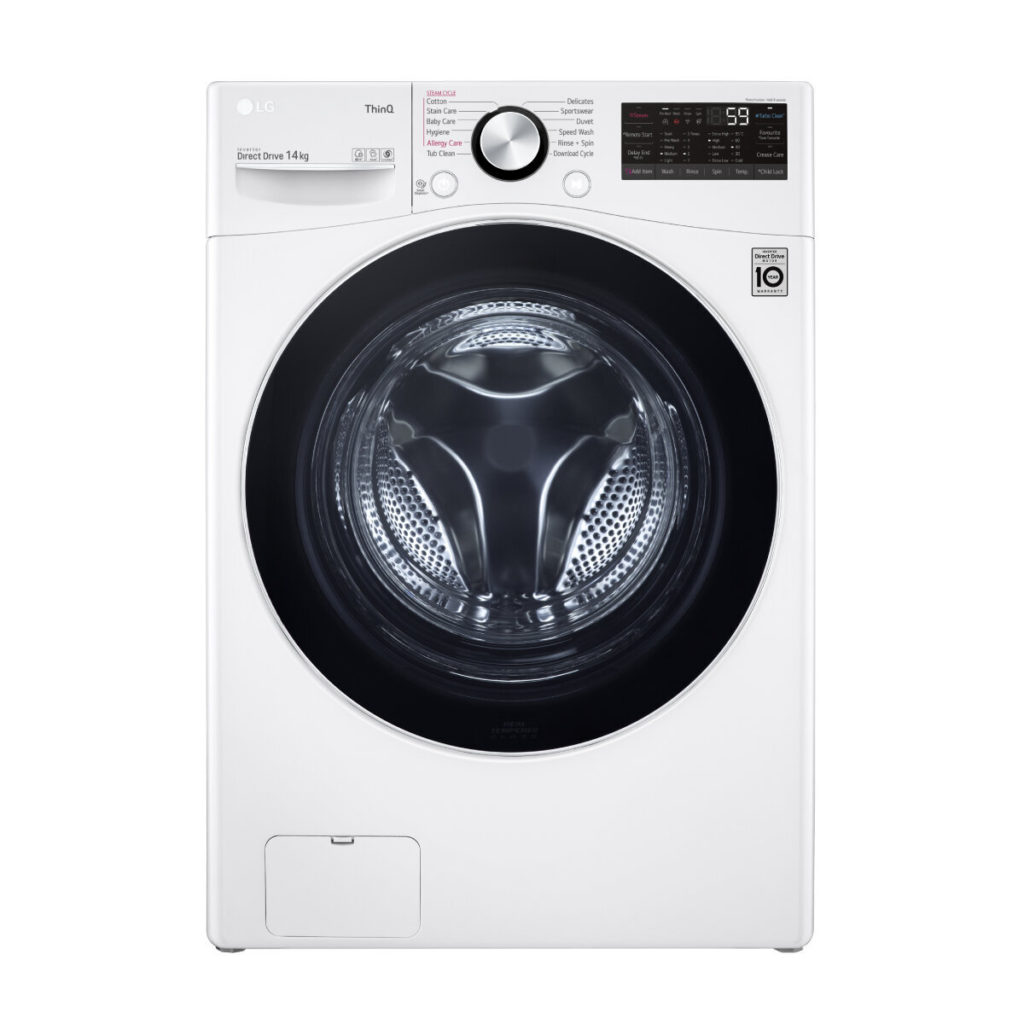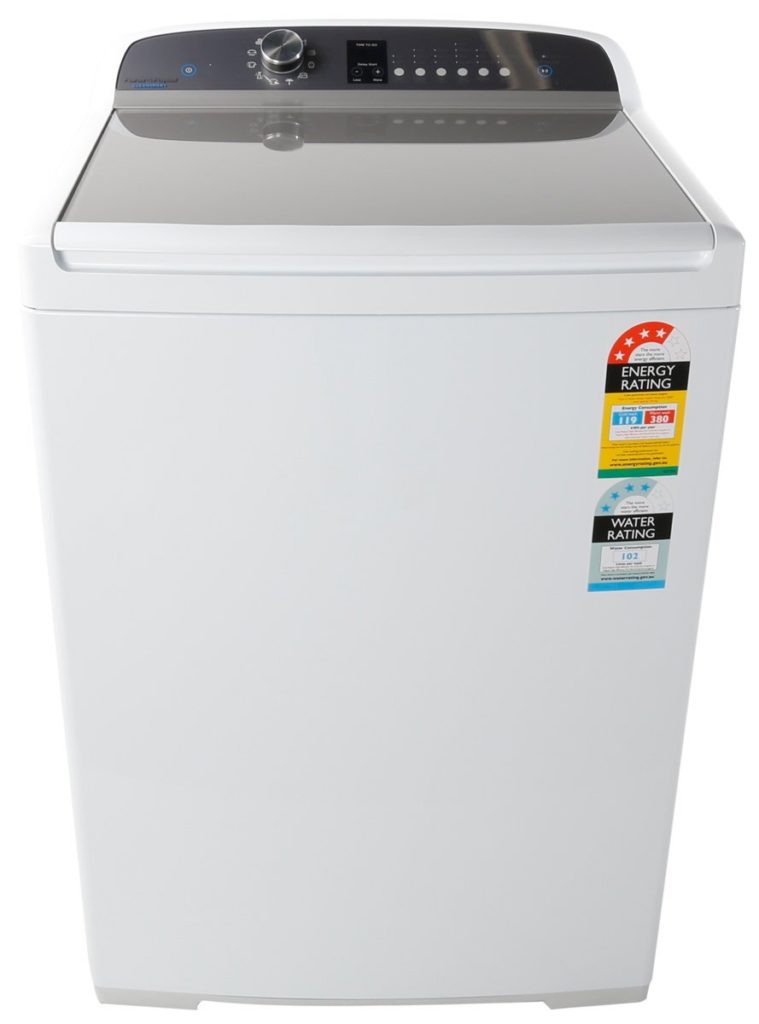Have we told you your washing machine needs replacing? Yes, we are sad too; we like repairing but sometimes your loved machine has given its all and now its time to say goodbye. So which machine to choose?
An 14kg front load washer? A 5.5 kg top load washer? The weight the washer can handle is measured as the dry weight of the clothes. That’s according to the manufacturer, but do they care if your bearings fail a couple of years after warranty expires? Bear in mind that a dry towel is MUCH lighter than a soaking wet one, and the weight you exert on the bearings during spin will affect their longevity, so maybe go underweight a bit with the towels, blankets and doonas.
The 5.5kg top load washer will use more water (approx 68Litres) than the 5.5kg front load equivalent (approx 50Litres) , but this may only be a big factor if you are using it often. If you only use it once a week, that’s not going to be a massive concern.

Capacity means more than just the weight of laundry, it also refers to the volume of each washer’s drum. Smaller machines may struggle to fit larger items such as doonas and blankets, even if they are under the weight limit.
Your required capacity is also influenced by other factors, such as how many hours a day they can run, the required quality of cleanliness, and if they are personal garments or not. Our technicians recommend you don’t do all your washes in one go; give the bearings a chance to cool down between finishing one wash and starting another, to give those aforesaid bearings a chance to recover.
Bear in mind if you have too large a washer, for one or two people, you are wasting water and soap each time you don’t fill it up with washing, so that is a consideration as well.
We won’t recommend a particular washer on here. And for various reasons, mostly to do with not wanting to be taken to court, we won’t tell you which ones we definitely don’t recommend. But stay clear of very cheap and unheard of brands, they tend to have soft little tubing inside, and poor connections.


